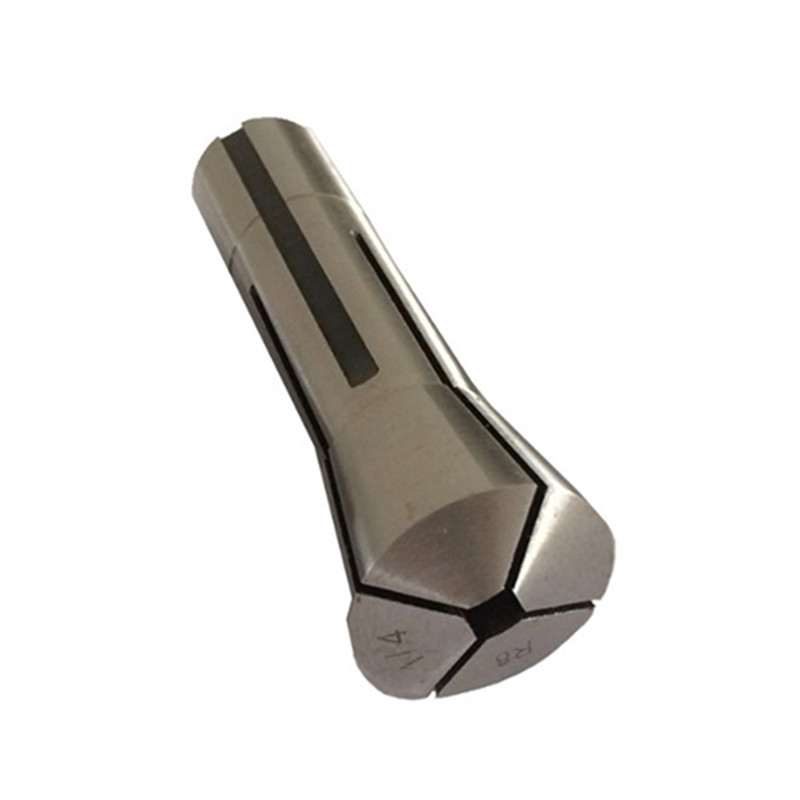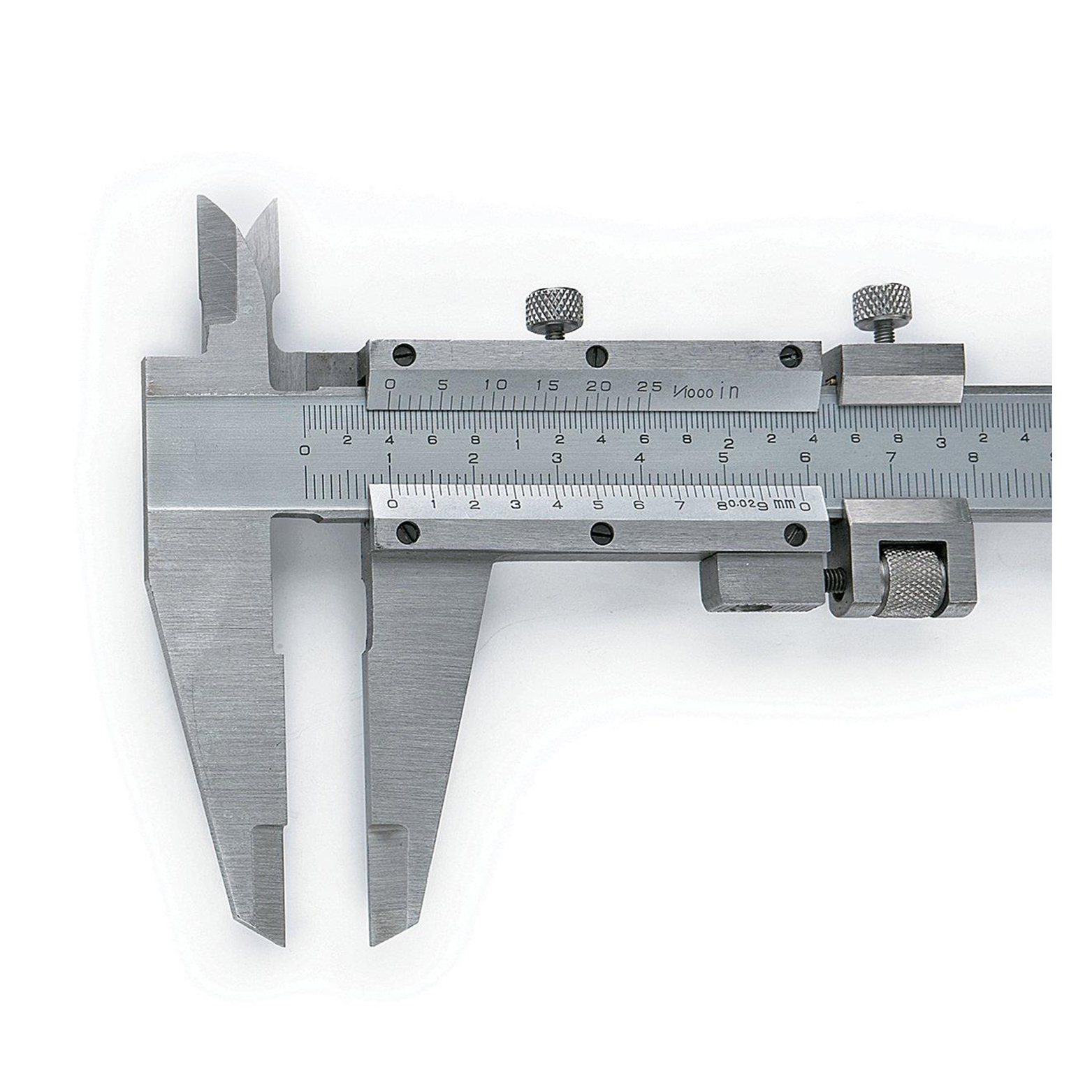indexable end mills Supplier
Indexable end mills are cutting tools used in milling machines for machining metals and other materials. They offer versatility and cost-effectiveness due to their replaceable cutting inserts, making them a popular choice for various applications.
What are Indexable End Mills?
Indexable end mills are milling cutters that utilize replaceable cutting inserts. Unlike solid carbide end mills that are reground when worn, indexable end mills allow users to simply replace the worn insert with a new one. This design offers several advantages, including:
- Cost Savings: Replacing inserts is generally more cost-effective than regrinding or replacing solid end mills.
- Versatility: Different insert grades and geometries can be used in the same tool body to machine a variety of materials.
- Reduced Downtime: Replacing inserts is a quick and easy process, minimizing machine downtime.
- Consistent Performance: New inserts ensure consistent cutting performance and dimensional accuracy.
Types of Indexable End Mills
Indexable end mills are available in various designs to suit different milling operations. Some common types include:
- Square Shoulder End Mills: Designed for machining square shoulders and edges.
- Face Mills: Used for facing operations to create flat surfaces.
- High Feed Mills: Optimized for high feed rates and shallow depths of cut.
- Profile Mills: Used for creating complex contours and profiles.
- Slot Mills: Designed for cutting slots and grooves.
Choosing the Right Indexable End Mill Supplier
Selecting the right indexable end mills supplier is crucial for ensuring optimal machining performance and tool life. Here's what to consider:
Quality and Reputation
Choose a supplier known for providing high-quality indexable end mills from reputable manufacturers. Look for suppliers with positive customer reviews and a track record of delivering reliable products. At Wayleading Tools, we prioritize quality and partner with leading manufacturers to offer our customers the best possible solutions.
Range of Products
A good supplier should offer a wide range of indexable end mills to meet diverse machining needs. This includes different types of end mills, insert grades, sizes, and coatings. Wayleading Tools offers a comprehensive selection of indexable end mills to suit various applications and materials. Visit www.wayleading.com to explore our catalog.
Technical Support and Expertise
Look for a supplier that provides excellent technical support and has knowledgeable staff who can assist you in selecting the right indexable end mills for your specific application. They should be able to answer your questions, provide recommendations, and offer troubleshooting assistance. The team at Wayleading Tools is dedicated to providing expert technical support to help you optimize your machining processes.
Pricing and Availability
Compare prices from different suppliers and consider the overall cost-effectiveness, including the cost of inserts, tool life, and potential downtime. Also, ensure that the supplier has adequate stock and can deliver products in a timely manner. Wayleading Tools offers competitive pricing and efficient delivery to meet your production schedules.
Insert Grades and Coatings
The insert grade and coating play a critical role in the performance of indexable end mills. Common insert grades include:
- Carbide: A versatile material for machining a wide range of materials.
- Cermet: Offers excellent wear resistance and is suitable for high-speed machining.
- Ceramic: Provides exceptional heat resistance and is ideal for machining hardened materials.
- CBN (Cubic Boron Nitride): Used for machining extremely hard materials such as hardened steel and cast iron.
- Diamond: The hardest material available, used for machining non-ferrous materials such as aluminum and composites.
Common coatings include:
- TiN (Titanium Nitride): A general-purpose coating that improves wear resistance and tool life.
- TiCN (Titanium Carbonitride): Offers higher hardness and wear resistance than TiN.
- TiAlN (Titanium Aluminum Nitride): Provides excellent heat resistance and is suitable for high-speed machining of abrasive materials.
- AlTiN (Aluminum Titanium Nitride): Similar to TiAlN but with improved oxidation resistance.
- DLC (Diamond-Like Carbon): Reduces friction and prevents built-up edge in machining non-ferrous materials.
Applications of Indexable End Mills
Indexable end mills are used in a wide range of industries and applications, including:
- Aerospace: Machining aircraft components from aluminum, titanium, and composite materials.
- Automotive: Manufacturing engine parts, transmission components, and chassis components.
- Medical: Producing surgical instruments, implants, and other medical devices.
- Mold and Die: Creating molds and dies for plastic injection molding and die casting.
- General Machining: Performing a variety of milling operations on different materials.
Tips for Using Indexable End Mills
To maximize the performance and tool life of your indexable end mills, follow these tips:
- Use the correct cutting parameters: Refer to the manufacturer's recommendations for cutting speed, feed rate, and depth of cut.
- Ensure proper workpiece clamping: Securely clamp the workpiece to prevent vibration and chatter.
- Use coolant: Apply coolant to dissipate heat and lubricate the cutting edge.
- Inspect inserts regularly: Check for wear and replace inserts as needed.
- Clean the tool body: Keep the tool body clean to ensure proper insert seating and prevent runout.
Troubleshooting Common Problems
Here are some common problems encountered when using indexable end mills and how to address them:
- Chatter: Reduce cutting speed, increase feed rate, or improve workpiece clamping.
- Premature insert wear: Use a harder insert grade, reduce cutting speed, or improve coolant application.
- Poor surface finish: Use a sharper insert geometry, reduce feed rate, or increase cutting speed.
- Insert breakage: Reduce depth of cut, use a tougher insert grade, or improve workpiece rigidity.
Indexable End Mill Performance Data Example
Here's a sample data table illustrating the performance of different indexable end mills when machining different materials. Please note that these are estimated figures and actual results may vary depending on specific machining conditions.
| Material | Indexable End Mill Type | Cutting Speed (SFM) | Feed Rate (IPM) | Depth of Cut (Inches) |
|---|---|---|---|---|
| Aluminum 6061 | High Feed Mill | 1000 | 50 | 0.050 |
| Steel 1045 | Square Shoulder End Mill | 300 | 15 | 0.025 |
| Stainless Steel 304 | Variable Pitch End Mill | 200 | 10 | 0.020 |
Conclusion
Indexable end mills are versatile and cost-effective cutting tools that offer numerous advantages over solid end mills. By understanding the different types of indexable end mills, selecting the right inserts, and following proper machining practices, you can achieve optimal performance and productivity. Remember to choose a reliable indexable end mills supplier like Wayleading Tools to ensure the quality and availability of your tools. For more information about our products and services, please visit www.wayleading.com.
Related products
Related products
Best selling products
Best selling products-
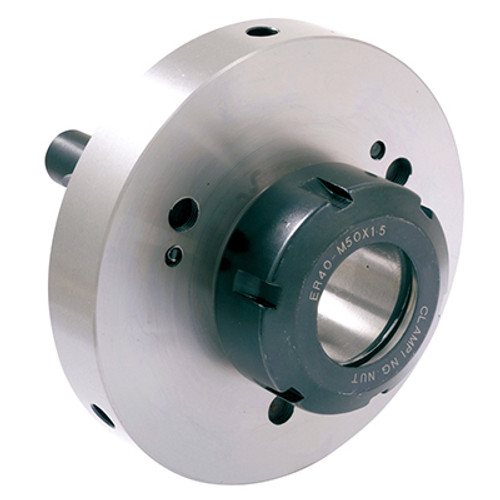 Camlock ER Collet Fixture With Lathe Collet Chuck
Camlock ER Collet Fixture With Lathe Collet Chuck -
 Precision V Block Set With High Quality Type
Precision V Block Set With High Quality Type -
 DIN4971-ISO1 Carbide Tipped Tool Bit With Right And Left Hand
DIN4971-ISO1 Carbide Tipped Tool Bit With Right And Left Hand -
 Precision Dial Indicator Gage For Industrial With Jeweled
Precision Dial Indicator Gage For Industrial With Jeweled -
 Precision 7pcs Angle Blocks Set With High Quality Type
Precision 7pcs Angle Blocks Set With High Quality Type -
 Single Wheel Knurling Tools With Straight Pattern For Industrial Type
Single Wheel Knurling Tools With Straight Pattern For Industrial Type -
 Precision 2pcs Angle Blocks Set With High Quality Type
Precision 2pcs Angle Blocks Set With High Quality Type -
 25PCS DIN338 HSS Twist Drill Bit Set From 1-13mm
25PCS DIN338 HSS Twist Drill Bit Set From 1-13mm -
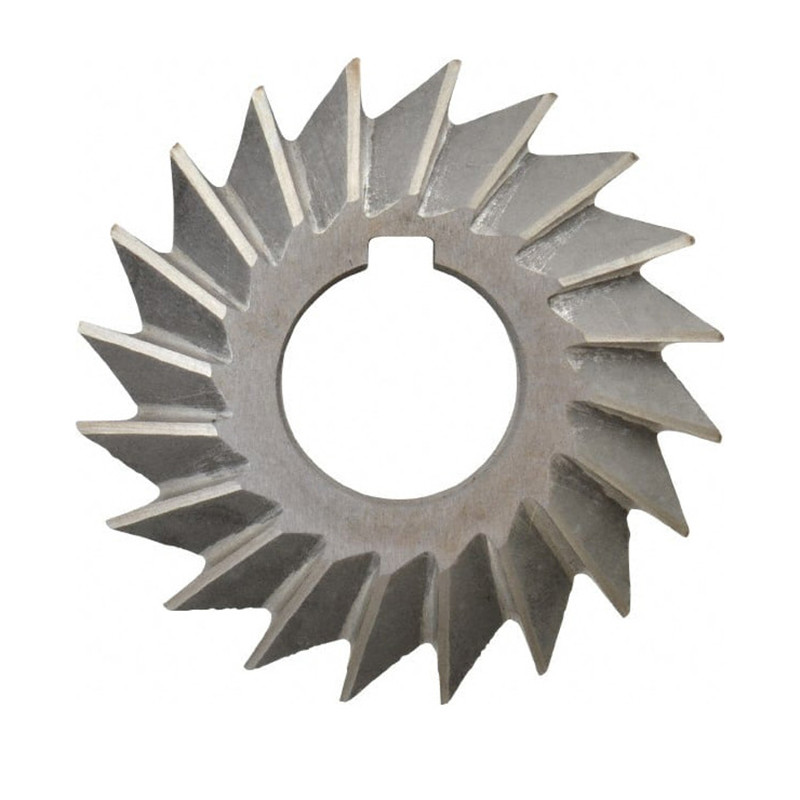 HSS Inch & Metric Single Angle Milling Cutter For Industrial With Bright Or TiN Coated
HSS Inch & Metric Single Angle Milling Cutter For Industrial With Bright Or TiN Coated -
 HSS Inch Taper Shank Twit Drills For Metal Cutting Of High Precision
HSS Inch Taper Shank Twit Drills For Metal Cutting Of High Precision -
 F1 Precision Boring Head With Metric & Inch
F1 Precision Boring Head With Metric & Inch -
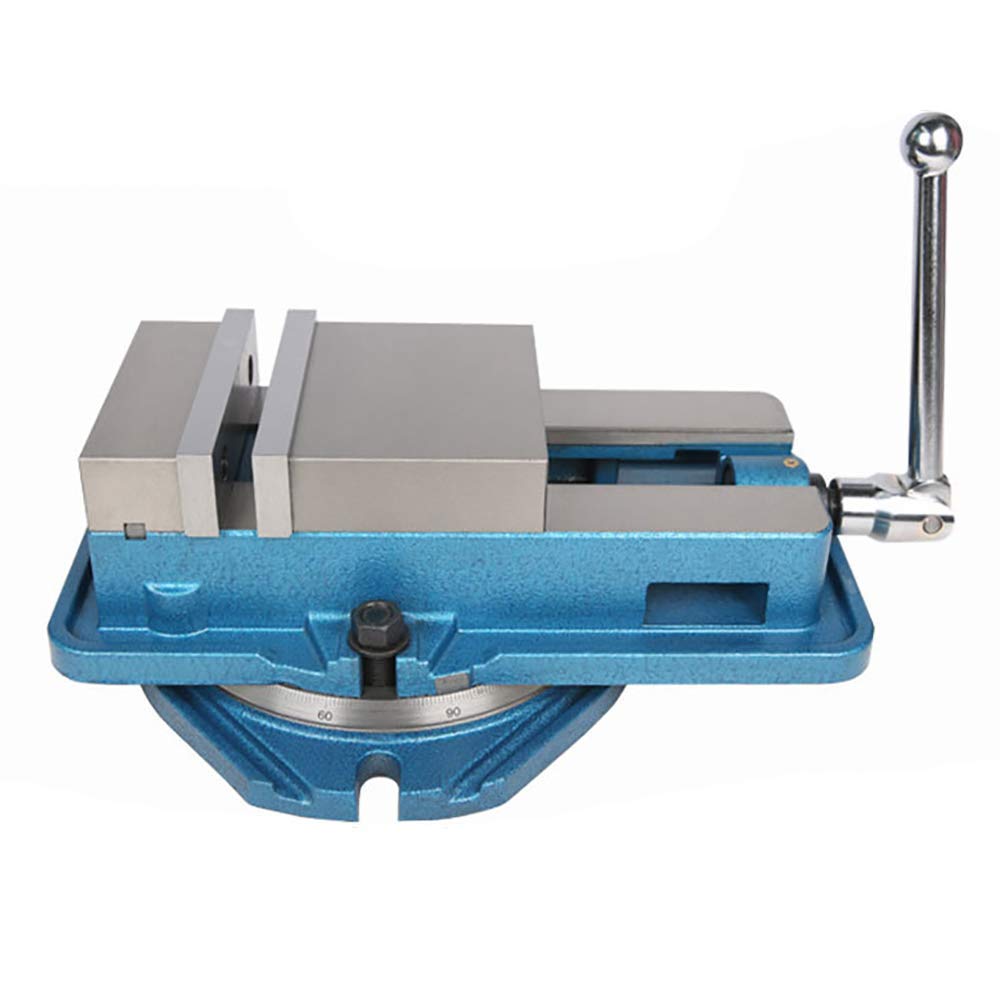 QM ACCU-Lock Precision Machine Vises With Swivel Base
QM ACCU-Lock Precision Machine Vises With Swivel Base


